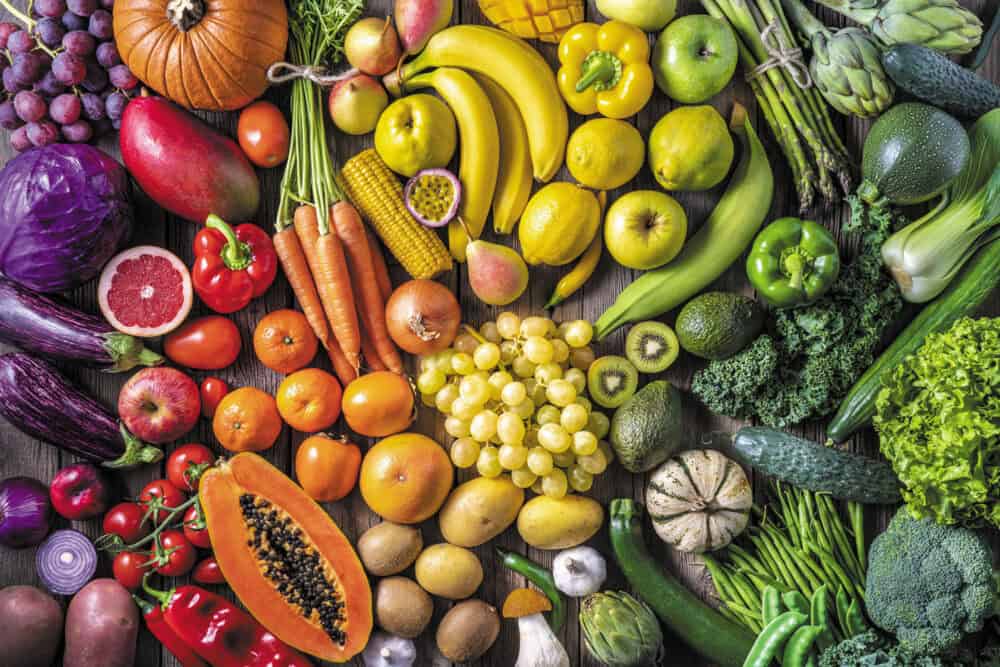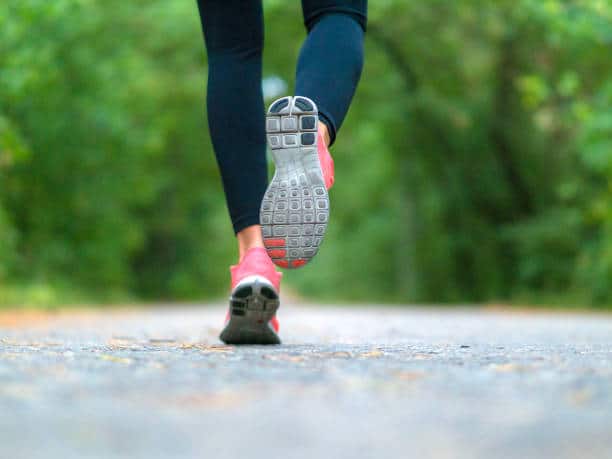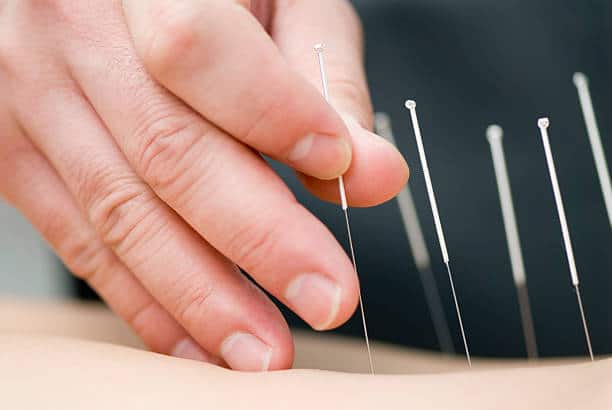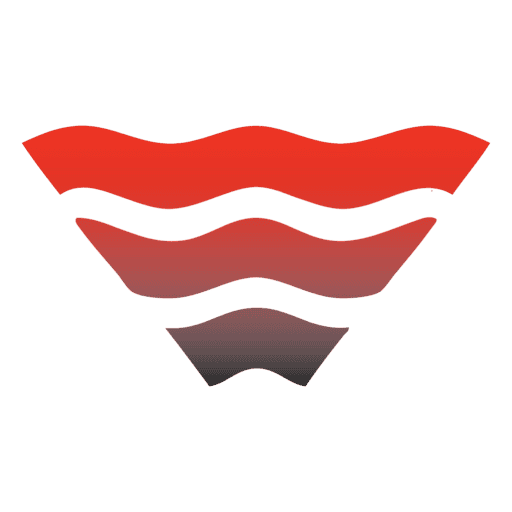Written by Dr. Tatsiana Vovk, ND
A Naturopathic approach considers individualized treatment for patients with concussions, acknowledging that each person may experience different symptoms and recovery times. The treatment plan also depends on the post-concussion period, whether it is acute or recovery phase.
Nutrition
The brain’s metabolism is highly dependent on nutrients and energy, as well as extremely vulnerable to stress. A concussion as a mild traumatic brain injury (mTBI) may potentially disrupt the brain-gut connection, resulting in increased intestinal permeability, inflammation, reduced gastrointestinal motility, and bacterial overgrowth1.

- The first and foremost approach to post-concussion nutrition is the Anti-inflammatory diet, as it may improve pain, mood, and sleep2.
The Anti-inflammatory diet includes Mediterranean and the DASH-diet as examples. Different research supported the Ketogenic Diet that may improve the outcomes for patients with mTBI2. Some patients may benefit from a Food Sensitivity Test by identifying and eliminating specific foods3.
An Anti-inflammatory diet supports the consuming of fruits and vegetables, especially fresh, as a source of natural antioxidants. It is also focused on the foods containing omega-3 fatty acids, whole grains, lean protein, healthful fats, and spices.
The consumption of processed foods, red meats, and alcohol should be limited.
- Once inflammation has reduced, proper nutrition should support brain healing with adequate calories, healthy fats, and proteins. Healthy fats include fish oil, avocados, extra virgin olive oil, and MCT oil. Adding nuts, especially walnuts, pecans and almonds as well as pumpkin seeds, is another great way to increase the protein intake together with healthy fats2.
- Adequate hydration is crucial for post-concussion rehabilitation as dehydration can affect the brain function and structure2.
Physical activity
During the first week after concussion the brain requires mental and physical rest to recover from the injury. Athletes may require a complete or half-day off reducing activity to help decrease symptoms and begin the healing process4. Adolescents should limit screen time, driving, and loud music to avoid exacerbating the symptoms. Additionally, they may not participate during the acute phase in any physical activity due to the risk of second impact syndrome. They may also benefit from getting high quality and quantity of sleep, as well as spending time in a dark room if needed5.

After the rest period, athletes should gradually reintroduce physical activity. Exercise can help to reduce post-concussion symptoms and speed the recovery time. Prolonged rest may potentially increase fatigue, depression, and delay recovery. Latest research supports that restarting physical activity within 3-5 days post injury can improve sleep, mental health, decrease anxiety and depression, as well as benefit academics and cognitive performance6.
Supplementation
Several supplements have shown promise in concussion management:
- Omega-3 fatty acids particularly EPA and DHA, support cell membrane health and act as neuroprotective agents7. DHA, specifically, may reduce cognitive impairment8.
- Antioxidants such as Resveratrol, Alpha-lipoic acid (ALA), N-Acetyl Cysteine (NAC), and Coenzyme Q10 increase blood flow in the brain, improve cognitive function, and reduce inflammation and post-traumatic neuronal loss9.
- Vitamins including Vitamin E, Vitamin D, and Vitamin C, have shown positive effects in reducing cognitive impairment, inflammation, and brain edema2,9.
Riboflavin supplementation may be relevant for treating headaches, which are common after concussion. - Minerals. like Magnesium and Zinc are crucial for nerve transmission and brain health. Magnesium, in particular, can protect against the secondary consequences of traumatic brain injury2.
Botanicals
Certain botanicals have been effective in concussion recovery: - Curcumin can improve cognitive function, increase blood flow to the brain, modulate the release of serotonin and dopamine, and may reduce oxidative damage to the brain following an injury10.
- Salvia officinalis and Melissa officinalis improve cognitive performance, reduce mental fatigue, anxiety, and increase cognitive function. They also have a powerful antioxidant effect11,12.
- Rosmarinus officinalis has demonstrated neuroprotective, anti-inflammatory, anti-viral, cytoprotective and anti-tumoral properties13.
- Panax ginseng can improve cognitive function in a healthy brain and have positive effects on brains that suffer with neurotrauma and neurodegenerative diseases14.

Acupuncture treatment is effective in reducing the time of healing by increasing blood flow to the brain and clearing swelling around the brain15. Acupuncture also significantly reduces the inflammatory response around the brain15.
Electro-acupuncture promotes nerve regeneration and slows the degradation of brain cells from inflammation16.
Homeopathy
Homeopathic remedies can stimulate recovery in the acute phase of concussion. Commonly used remedies include Arnica, Aconite, Opium, and Phosphorus.
In the chronic phase, remedies like Nat sulph., Nat mur, Hypericum, and Hyoscyamus can help manage long-term complications.
Others
- Icepack on the head and neck may be applied in the first 20 minutes after injury to relieve pain and decrease swelling.
- Massage therapy in the recovery and chronic phases helps to reduce headache, dizziness, and nausea in concussion recovery and have a supportive role in a person’s return to function17.
- There is currently no evidence to support that physical modalities such as electrotherapy, heat, etc. can manage the signs and symptoms of concussion18.
In conclusion, integrative environment with different health care providers can offer better treatment for concussions. The naturopathic approach focuses on decreasing brain inflammation, providing the proper nutrition, and improving cognition and neurological function. While recovering from a concussion takes time, a team approach can help athletes return-to-play faster.
References:
1. Zhu CS, Grandhi R, Patterson TT, Nicholson SE. A Review of Traumatic Brain Injury and the Gut Microbiome: Insights into Novel Mechanisms of Secondary Brain Injury and Promising Targets for Neuroprotection. Brain Sci. 2018;8(6):113. Published 2018 Jun 19. doi:10.3390/brainsci8060113
2. Institute of Medicine (US) Committee on Nutrition, Trauma, and the Brain, Erdman J, Oria M, Pillsbury L, eds. Nutrition and Traumatic Brain Injury: Improving Acute and Subacute Health Outcomes in Military Personnel. Washington (DC): National Academies Press (US); 2011.
3. Onyimba F, Crowe SE, Johnson S, Leung J. Food Allergies and Intolerances: A Clinical Approach to the Diagnosis and Management of Adverse Reactions to Food. Clin Gastroenterol Hepatol. 2021;19(11):2230-2240.e1. doi:10.1016/j.cgh.2021.01.025
4. Elbin RJ, Sufrinko A, Schatz P, et al. Removal From Play After Concussion and Recovery Time. Pediatrics. 2016;138(3):e20160910. doi:10.1542/peds.2016-0910
5. Vermaelen J, Greiffenstein P, deBoisblanc BP. Sleep in traumatic brain injury. Crit Care Clin. 2015;31(3):551-561. doi:10.1016/j.ccc.2015.03.012
6. Giza CC, Kutcher JS, Ashwal S, et al. Summary of evidence-based guideline update: evaluation and management of concussion in sports: report of the Guideline Development Subcommittee of the American Academy of Neurology. Neurology. 2013;80(24):2250-2257. doi:10.1212/WNL.0b013e31828d57dd
7. Barrett EC, McBurney MI, Ciappio ED. ω-3 fatty acid supplementation as a potential therapeutic aid for the recovery from mild traumatic brain injury/concussion. Adv Nutr. 2014;5(3):268-277. Published 2014 May 14. doi:10.3945/an.113.005280
8. Robinson JG, Ijioma N, Harris W. Omega-3 fatty acids and cognitive function in women. Womens Health (Lond). 2010;6(1):119-134. doi:10.2217/whe.09.75
9. Di Pietro V, Yakoub KM, Caruso G, et al. Antioxidant Therapies in Traumatic Brain Injury. Antioxidants (Basel). 2020;9(3):260. Published 2020 Mar 22. doi:10.3390/antiox9030260
10.Wu A, Ying Z, Gomez-Pinilla F. Dietary curcumin counteracts the outcome of traumatic brain injury on oxidative stress, synaptic plasticity, and cognition. Exp Neurol. 2006;197(2):309-317. doi:10.1016/j.expneurol.2005.09.004
11. Lopresti AL. Salvia (Sage): A Review of its Potential Cognitive-Enhancing and Protective Effects. Drugs R D. 2017;17(1):53-64. doi:10.1007/s40268-016-0157-5
12. Scholey A, Gibbs A, Neale C, et al. Anti-stress effects of lemon balm-containing foods. Nutrients. 2014;6(11):4805-4821. Published 2014 Oct 30. doi:10.3390/nu6114805
13. Rasoolijazi H, Mehdizadeh M, Soleimani M, Nikbakhte F, Eslami Farsani M, Ababzadeh S. The effect of rosemary extract on spatial memory, learning and antioxidant enzymes activities in the hippocampus of middle-aged rats. Med J Islam Repub Iran. 2015;29:187. Published 2015 Mar 9.
14. Ong WY, Farooqui T, Koh HL, Farooqui AA, Ling EA. Protective effects of ginseng on neurological disorders. Front Aging Neurosci. 2015;7:129. Published 2015 Jul 16. doi:10.3389/fnagi.2015.00129
15. An YS, Moon SK, Min IK, Kim DY. Changes in regional cerebral blood flow and glucose metabolism following electroacupuncture at LI 4 and LI 11 in normal volunteers. J Altern Complement Med. 2009;15(10):1075-1081. doi:10.1089/acm.2009.0257
16. Jiang S, Chen W, Zhang Y, et al. Acupuncture Induces the Proliferation and Differentiation of Endogenous Neural Stem Cells in Rats with Traumatic Brain Injury. Evid Based Complement Alternat Med. 2016;2016:2047412. doi:10.1155/2016/2047412
17. Burns SL. Concussion Treatment Using Massage Techniques: a Case Study. Int J Ther Massage Bodywork. 2015;8(2):12-17. Published 2015 Jun 9.
18. Schneider, KJ Sport-Related Concussion: Optimizing Treatment Through Evidence-Informed Practice J Orthop Sports Phys Ther 2016;46(8):613–616. doi:10.2519/ jospt.2016.0607
